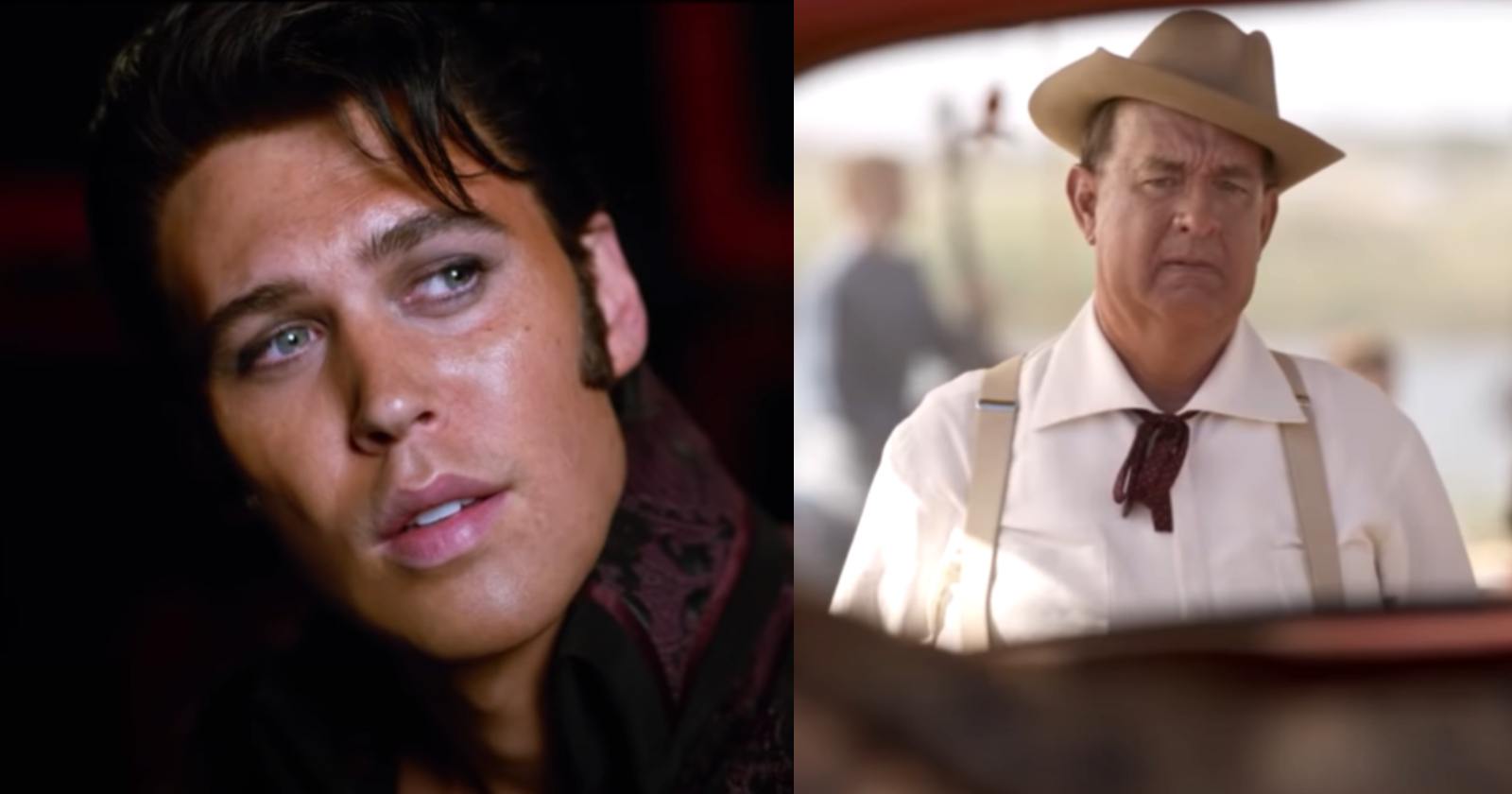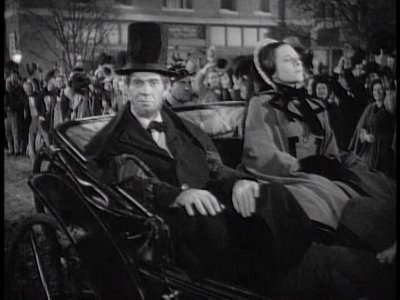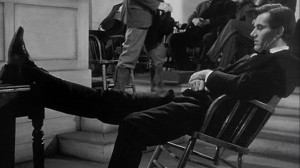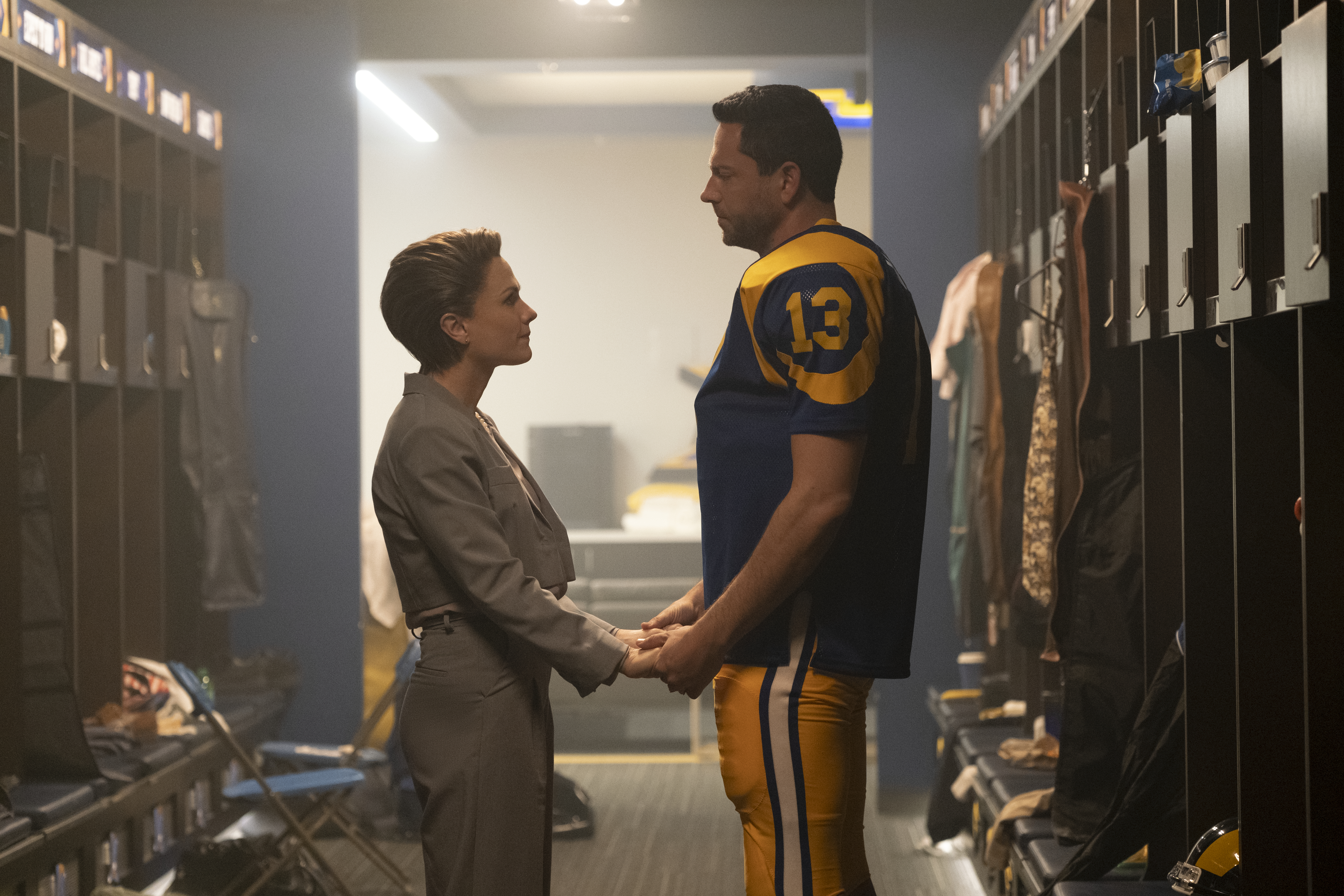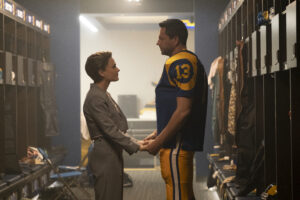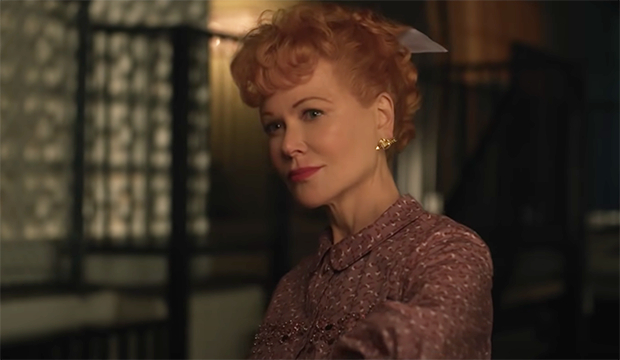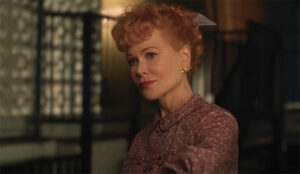Napoleon
Posted on November 20, 2023 at 7:06 am
C| Lowest Recommended Age: | Mature High Schooler |
| MPAA Rating: | Rated R for strong violence, some grisly images, sexual content and brief language |
| Profanity: | Some strong language |
| Alcohol/ Drugs: | Alcohol |
| Violence/ Scariness: | Very graphic and disturbing images in scenes of battle |
| Diversity Issues: | None |
| Date Released to Theaters: | November 22, 2023 |

The press notes for the film tell us that we will see Napoleon’s life “through the prism” of his volatile relationship with Josephine. It does not do either. Phoenix, who makes little effort to change his age or facial expression as the film covers decades, is burdened with some truly terrible dialogue, including what may be this year’s single worst line: “Fate has brought me to this lamb chop.” The legend of Napoleon inspired the name of the psychological syndrome of grandiosity, a supreme, all-encompassing sense of superiority. In this film, that is indicated with comments like, “I admit when I make a mistake. But I never make a mistake.”
As for that prism of the relationship, it does not live up to the love letters. Napoleon seems to be obsessed with Josephine, more about possessing her than being close to her or even considering her feelings in any way. He makes love like he wages battle — it’s about moving fast and destroying the other side.
Josephine’s feelings about Napoleon are more practical. When they meet, her confinement as a political prisoner is so recent her hair has not grown out. She showed her survival skill by escaping the fate of her first husband, who was executed, by getting pregnant. about her survival and then, as he rises in stature, she seems to enjoy the attention and fancy clothes and parties.
The movie careens back and forth between the zoomed-in, intimate but chilly portrayal of the marriage and the zoomed-out epic battle scenes, artfully staged but even with graphic carnage, remote. As the Duke of Wellington, Rupert Everett, arriving well past the two-hour mark, reminds us what a vivid and arresting performance brings to a film.
Director Ridley Scott has promised a four-hour version for streaming, so maybe that will be smoother and do a better job of integrating the different parts of the story. In that case, perhaps it is best to think of this as a very long trailer.
Parents should know that this is an R-rated film with graphic and disturbing images of battles that include guns and swords. As we are told before the closing credits, millions of people were killed, and we see some of the injuries and deaths in very explicit detail. A character is killed offscreen by guillotine, to the approving cheers of a crowd. There are sexual references, including adultery, and very explicit sexual situations. Characters drink and use some strong language.
Family discussion: What were Napoleon’s greatest strengths and weaknesses? Why did the French return to a monarchy?
If you like this, try: the silent Abel Gance classic, “Napoleon”


